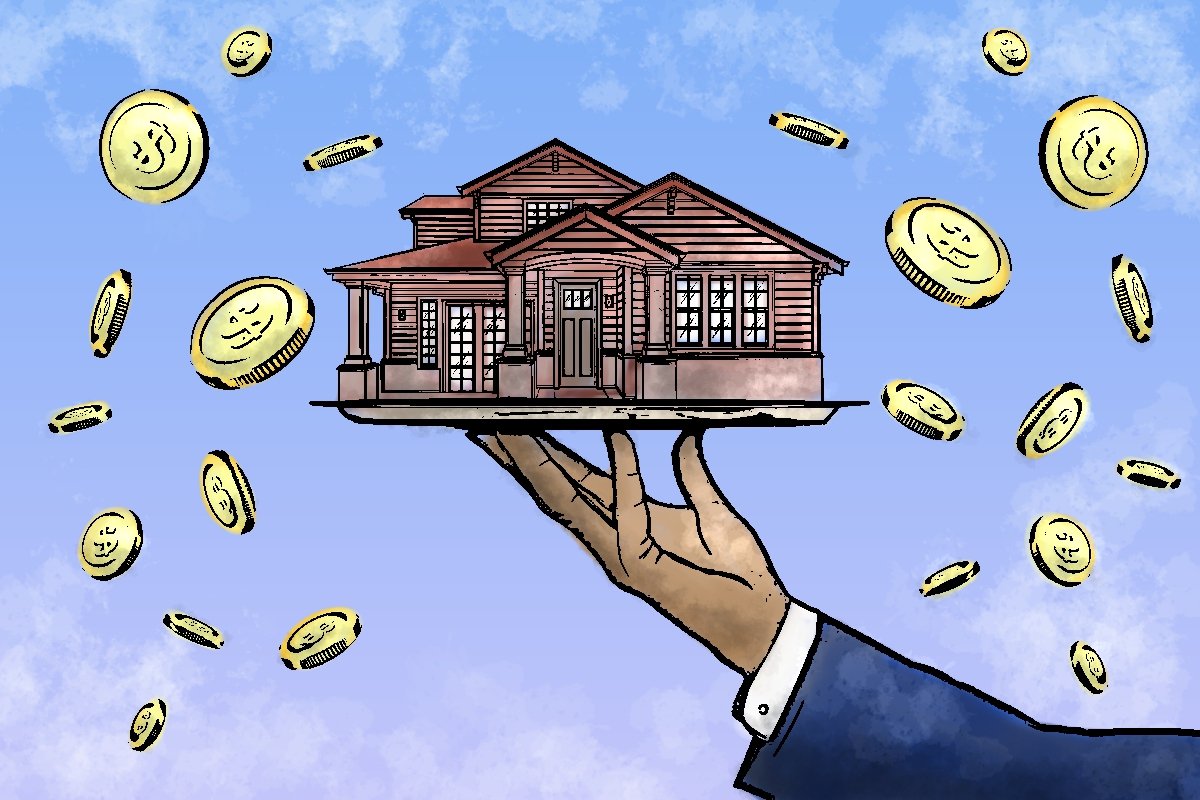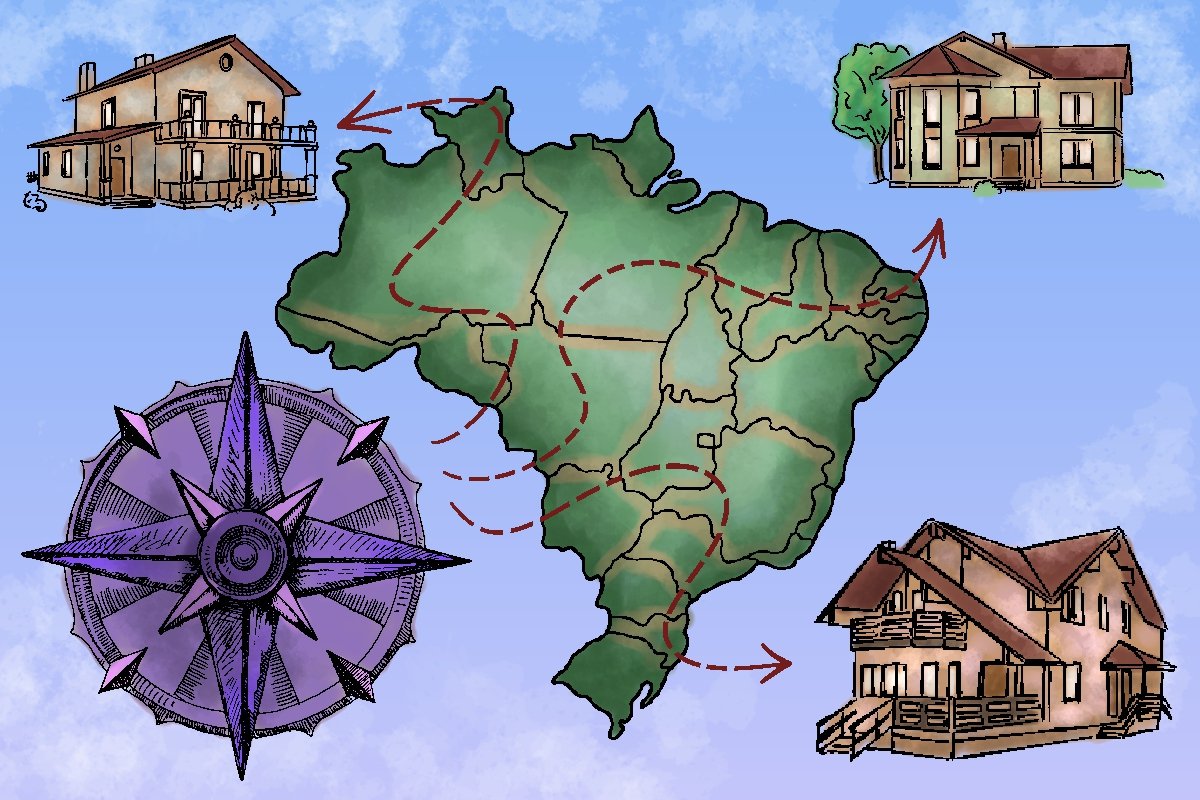Brazil is known for its intricate tax system, and when it comes to real estate, the taxes can be particularly complex. This is especially true for foreign owners of real estate who may lack knowledge of the Portuguese language and the legal framework in Brazil. Understanding the taxes that apply to real estate in Brazil is critical for anyone looking to invest in the country.
The taxes that apply to Brazilian real estate depend on the specific transaction. For example, in a purchase and sale of property, there will be a tax on the transfer. There may also be capital gains tax on the profit generated from the transaction. In the case of a lease, there is income tax charged over the rent received. For owners of real estate, there is a property tax that can either be paid yearly or monthly.
The following is a brief description of some of the primary taxes that apply to real estate in Brazil.
Property Tax
One of the most important taxes to consider when investing in real estate in Brazil is the property tax. It is known as IPTU or Impostosobre a Propriedade Predial e Territorial Urbana in Portuguese. The property tax is paid either yearly or monthly by property owners based on the value of their property, and the rates vary from municipality to municipality. In general, IPTU rates in Brazil can range from 0.3% to 1% of the property value. This tax is often used as a source of revenue for municipalities and is an important factor to consider when purchasing a property. Property tax can be paid in monthly installments or in a single payment each year. Failure to pay the IPTU on time can result in penalties and interest charges.
Transfer Tax
Another tax to consider when investing in real estate in Brazil is the transfer tax. It is also known as ITBI or ImpostosobreTransmissão de Bens Imóveis in Portuguese. The transfer tax is paid when a property is sold, and the rate typically ranges from 2% to 3% of the property’s value. However, some municipalities may have higher rates. The date of payment also changes from municipality to municipality, so it is important to check with the local government for specific rates and payment deadlines. ITBI is typically paid by the buyer of the property and can be a significant transaction expense. Before buying or selling a property, it may be helpful to consult with a local notary for the proper calculation and payment instructions.
Income Tax
Income tax is yet another important tax to consider when selling or renting real estate in Brazil. Capital gains from the sale of a property are subject to income tax in Brazil with the tax rate typically being 15%. However, the tax rate can be higher depending on the amount of the profit. There can also be deductions based on the date of acquisition. Keep in mind that capital gains are owed not only by Brazilian residents but also foreigners who are not residents in Brazil. In this case, the tax is withheld from the purchase price and paid by the resident buyer. There are certain exemptions that may apply, such as for properties sold for less than BRL$440,000 by sellers who do not own other real estate and who have not sold other properties within the last five years. Another case is when the sale price is used by a seller to buy another home within 180 days as long as the benefit has not been taken advantage of in the last five years. There are also deductions that can be made for documented improvements to the property. For rental properties, income is taxed both for residents and non-residents. Residents pay 0% to 27.5% while non-residents pay a flat 15%.
Other Taxes, Fees and Expenses
There may be other taxes, fees and expenses that apply to real estate in Brazil as well. For example, companies that own real estate and look to sell should do some tax planning first. On top of the regular corporate taxes, PIS and COFINS taxes apply at rates that vary significantly depending on the company’s corporate activities and the tax regime adopted. In addition, purchase and sale transactions require payment of registration fees, notary fees and legal fees. There will also be costs related to obtaining updated certificates for the property as well as the property owners. These fees can add up to approximately 8% of the property value. And do not forgot the realtor’s commission, which could be another 6%. It is important to take all of these fees into account when calculating the total cost of purchasing or selling a property in Brazil.
Navigating the Tax System
Taxes on real estate in Brazil are complicated and vary depending on the location and type of transaction. For example, tax rates in São Paulo will not be the same as tax rates in Bahia. It is important to seek the advice of a qualified professional to navigate the tax and regulatory requirements in Brazil. A real estate lawyer, accountant or tax specialist can provide guidance on the taxes and fees associated with buying, selling, owning and renting property in Brazil. For foreigners, it is critical to involve advisors who are familiar with the nuances of international real estate transactions, including currency conversion issues and the transfer of funds between bank accounts in different countries.
Foreign Owners of Real Estate in Brazil
Despite the complexity of the Brazilian tax system, investing in real estate in Brazil can be a lucrative opportunity. Brazil has a large and diverse economy, and its real estate market offers many investment opportunities. But foreigners need to be extra cautious as they face unique challenges that do not necessarily apply to Brazilian owners of real estate. This includes, for example, withholding tax obligations. Therefore, it is important that foreign owners of real estate work with qualified professionals who can provide guidance and ensure compliance with Brazilian tax and legal requirements.






